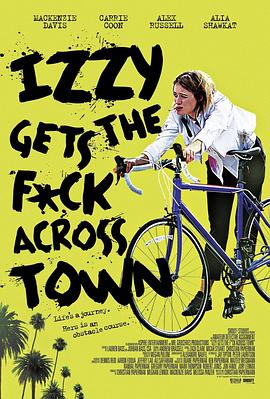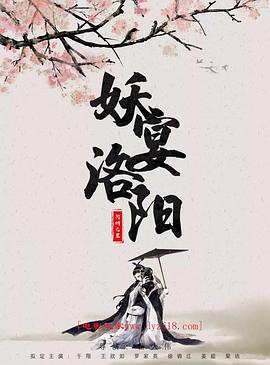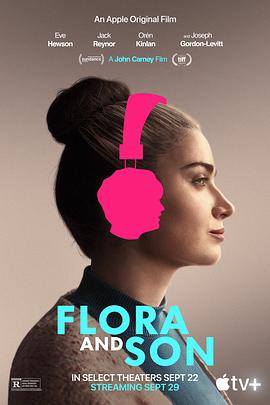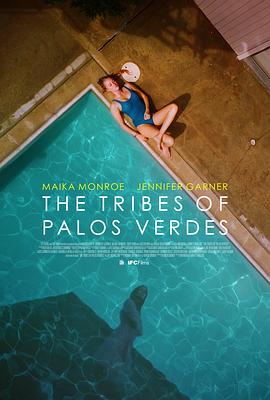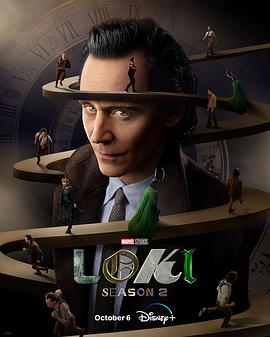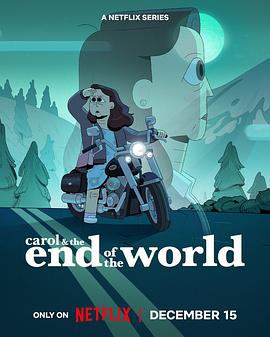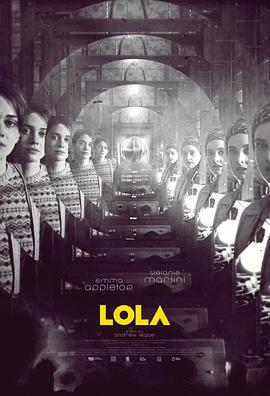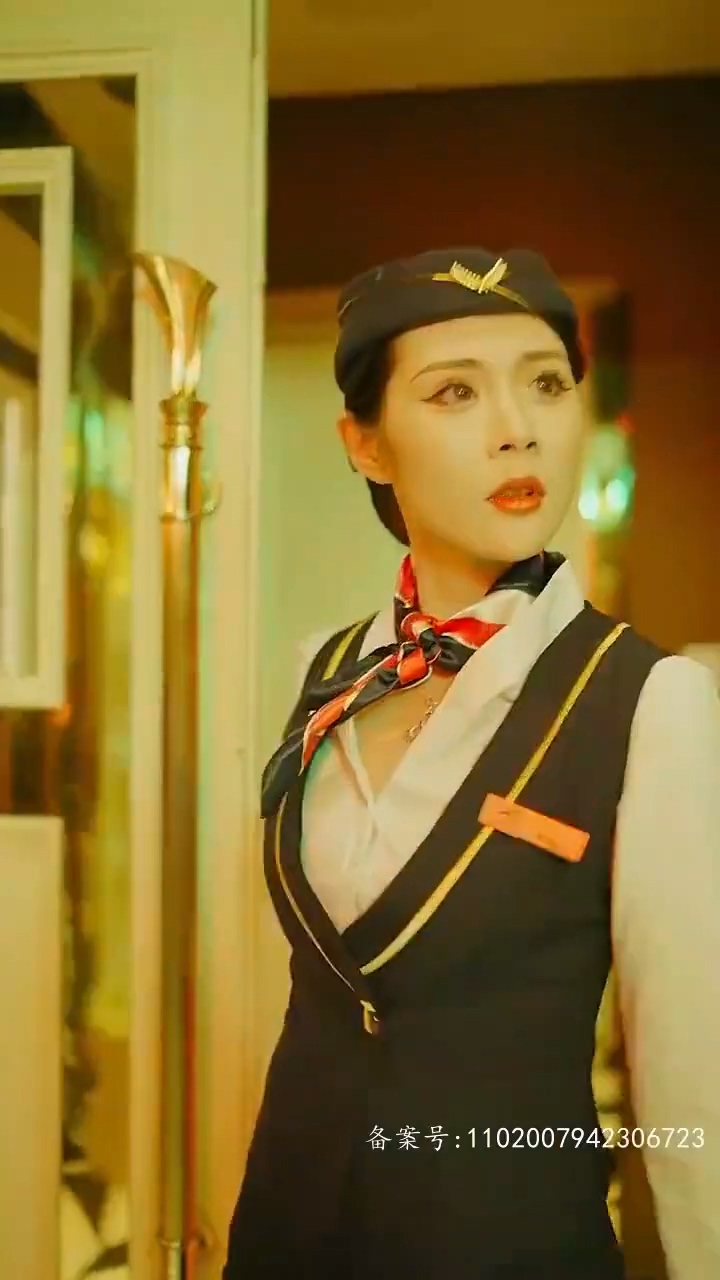洛
搜索"洛" ,找到 317部影视作品
导演:
/
尼基塔·米哈尔科夫
剧情:
奥勃洛摩夫(奥列格•塔巴科夫 Oleg Tabakov 饰)是含着金汤匙出生的千金大少爷,父亲留下的巨额财产让他从未亲手挣过一分钱,每一天,奥勃洛摩夫都躲在家里,过着自闭而又慵懒的生活。施托尔茨(尤里•博加特廖夫 Yuri Bogatyryov 饰)是奥勃洛摩夫唯一的朋友,他看不下去挚友封闭的生活,于是带着他外出健身、社交和游玩,随着时间的推移,奥勃洛摩夫渐渐融入了正常的社会生活。 一次聚会中,奥勃洛摩夫结识了美丽的女孩奥尔加(叶莲娜•索洛维 Yelena Solovey 饰),后者的善良和温柔深深打动了奥勃洛摩夫,然而,自卑却让他误以为奥尔加喜欢的是施托尔茨,为了不破坏好友的感情,他选择了主动退出。
导演:
/
哈尔·阿什贝
剧情:
20岁的上流社会男孩哈洛(Bud Cort 巴德•库特 饰)对死亡异常迷恋,喜欢伪装自杀吓唬母亲,热衷参加葬礼,甚至购买了一辆灵车。母亲习以为常,却也不堪忍受,因此催促哈洛早日成家,成熟起来。在他人的葬礼上,哈洛认识了79岁的穆德(Ruth Gordon 露丝•高登 饰),一个与他有着相同爱好的老妇人,从此走入慕德奇妙多彩的世界。 开朗搞怪的慕德使阴郁的哈洛逐渐开朗,并最终向她展开心扉。哈洛的死亡游戏接连吓跑多个应征女孩,忍无可忍的母亲决定让他参军,他和慕德却设计摆脱了兵役困扰。两个忘年交的朋友越走越近……
导演:
/
奥利维耶·阿萨亚斯
剧情:
在上世纪70到80年代的世界恐怖主义历史中,从巴勒斯坦极端主义到日本赤军,卡洛斯都是无可争议的核心人物。在为中东神秘势力卖命的过程中,他一方面表现得极左,同时又唯利是图。冷战的最后几年,他以“铁幕”为背景,建立了自己的组织。影片讲述了这个国际革命家的故事,他是个操纵者,同时被玩弄于股掌,随波逐流于那个时代的历史大潮。影片还将见证他的命运的终结,在他委身于伊斯兰独裁统治的苏丹时,被法国警方抓获。卡洛斯这个矛盾的人物,同他所代表的那个时代一样狂暴。他是一个真正的谜。 “胡狼”卡洛斯本名伊里奇·拉米雷兹·桑切斯,委内瑞拉人,是世界公认的头号恐怖分子,一名被各国警方追捕了20 年的“超级杀手”。 1975年,在维也纳绑架欧佩克11个成员国的石油部长; 1972年,策划了慕尼黑奥运会上的大屠杀;1976年,制造劫持法航飞往乌干达的班机并导致以色列对恩德培机场突袭的恐怖事件。美国合众国际社报道:卡洛斯参与了70年代至80年代数起与中东冲突有关的恐怖事件,对世界各地83名被杀的受害人负责。他以欧洲为主战场的血淋淋的疯狂表演,创造了20世纪恐怖史上最大的高潮。国际刑警的通缉令说:可以把这个人理解为一支军队。 卡洛斯的生活是由绑架、暗杀、劫机、爆炸和女人构成的。在恐怖主义者的职业中,女人是天然的掩体,也是紧张暴烈的恐怖事业的兴奋剂、调味品和减压阀。卡洛斯的身旁,先后点缀着各种民族的一些漂亮姑娘,她们先后跌进“胡狼”用魅力和金钱织成的情网,最终又全部落进警方用通辑令、拘捕令和驱逐令撒下的罗网。 这个被世人称为“世界第一杀手”的“胡狼”,有着谜一样的情恋经历。
导演:
/
约翰·卡尼
剧情:
弗洛拉(伊芙·休森 Eve Hewson 饰)是一位住在都柏林的年轻母亲,很久以前就失去了抱负,在努力抚养儿子麦克斯(奥伦·金兰 Orén Kinlan 饰)的同时,她要兼顾一份维持生计的托儿工作,并与不友善的前任进行令人忧虑的共同抚养孩子的安排。 母子俩关系紧张,在相互理解的过程中挣扎,弗洛拉伪装成自私之人来寻求自主和自爱,麦克斯渴望独立和自我表达 ,走上了犯罪之路,成为一个小偷。 警察鼓励弗洛拉为麦克斯寻找一门爱好,弗洛拉送给儿子一把被丢弃的二手吉他作为生日礼物,但被后者拒绝,她决定自己通过Zoom向一位热爱音乐的老师学习。在母子两人建立关系的过程中,麦克斯自己的音乐天赋显露出来,音乐将让生活重新充满活力,唤醒沉睡已久的梦想,并让孤立环境成长的人建立新的联系。
导演:
/
加茜·奥托,贝克·科尔,本·切塞尔
剧情:
《戴洛奇小镇》(Deadloch)是由亚马逊出品的澳大利亚犯罪悬疑黑色喜剧电视连续剧,由凯特·麦卡特尼和凯特·麦克伦南创作。 《戴洛奇小镇》以塔斯马尼亚州的一个虚构小镇 Deadloch 为背景,做事严谨的当地高级警长Dulcie Collins正应妻子要求放慢工作节奏,以平衡生活。这时,一具男尸被冲上沙滩,Dulcie又被推回侦探工作中。高级调查员Eddie Redcliffe,从达尔文空降支援这起案件,但她粗鲁不羁的破案行事风格引起了Dulcie的不满。随着死亡人数的不断增多,她们必须化解分歧和矛盾,联手侦破这起目标为顺直白男的连环杀人案。
导演:
/
安德鲁·莱格
剧情:
Hollywood-style time travel tales like to focus their attention on cultural fads and fashions: clothes, music, slang, daily technologies. The ingeniously low-budget Irish sci-fi film LOLA has fun with all of that, but also investigates darker, more global questions like: what if Germany had won World War II? Pieced together in dazzling 16mm as an imaginary collage of interlocking audio-visual documents from the 1940s, Andrew Legge, directing his debut feature, conjures the lives of two gifted and lively sisters, Thomasina and Martha. Left to their own devices as children, the pair has managed to create a machine that receives media broadcasts from the future. In their personal, cloistered, punk paradise, they embrace the rebellious styles of an age to come – The Kinks, David Bowie – but also discover, when military personnel move in, that history is a dangerous game to toy with. The ultimate question becomes: if mass media can change the world, can cinema miraculously restore it? Just like the monument to bricolage created by its characters, LOLA is an inspired conceit in the style of Guy Maddin, Woody Allen’s Zelig (1983) and Peter Jackson’s Forgotten Silver (1996). It’s a surreal romp through scratches, glitches and speculative possibilities.




